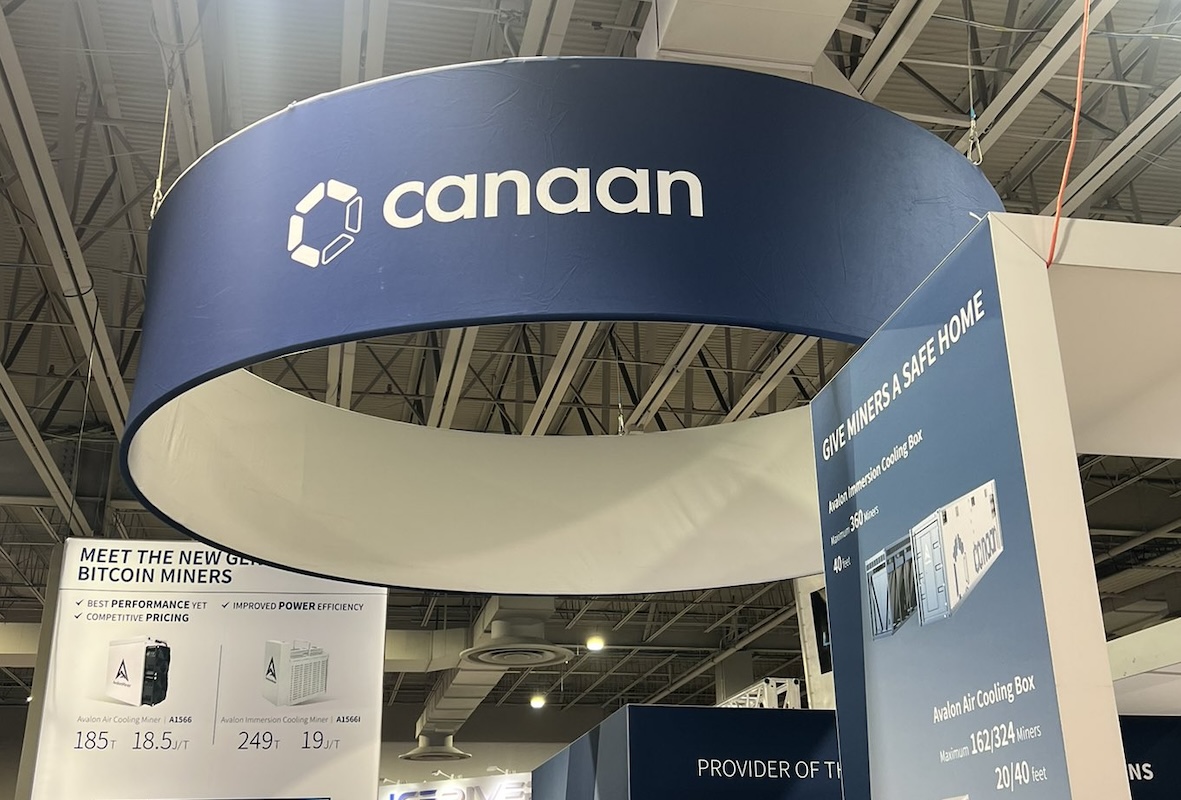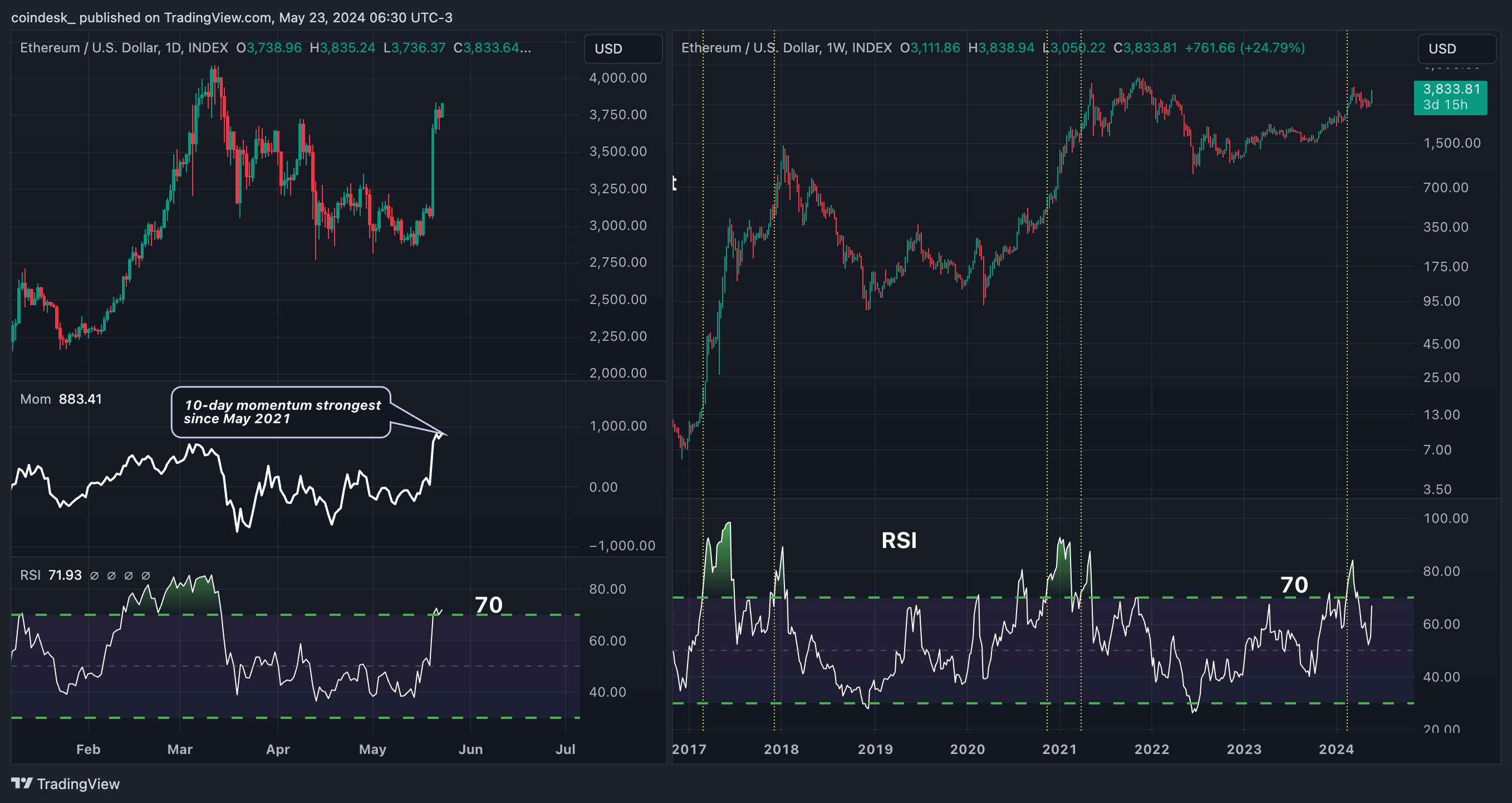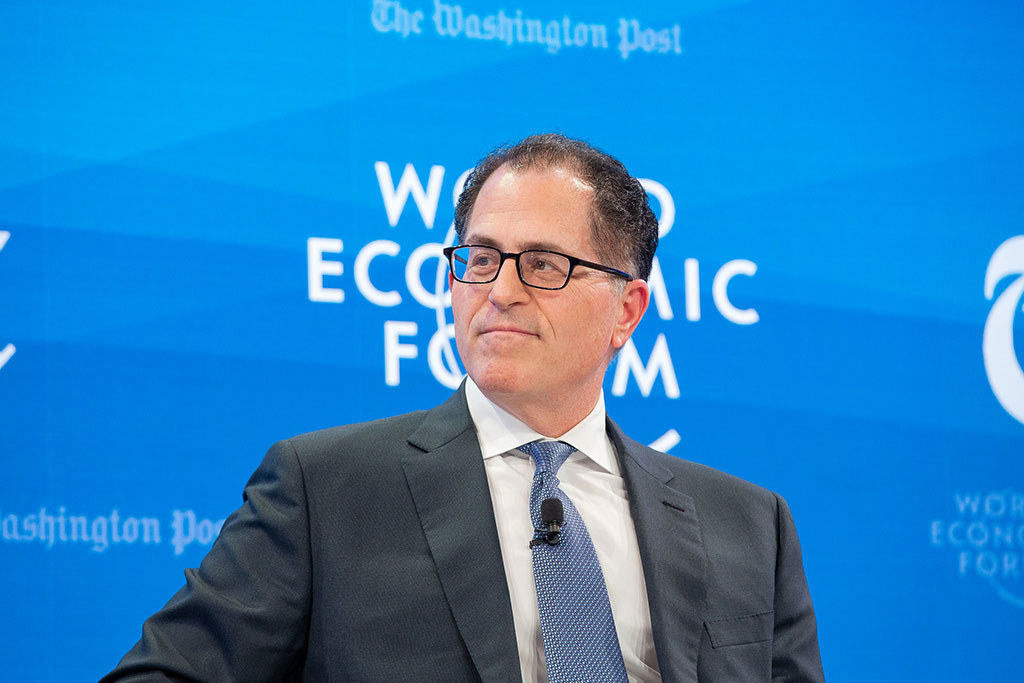Voyager Digital Holdings, a defunct crypto lender, has reached an agreement with the U.S. federal government that allows it to transfer its assets to Binance’s U.S. subsidiary for $1 billion. The approval comes three weeks after District Judge Jennifer Rearden temporarily halted the $1 billion agreement. To avoid undue delay, she stated she would expedite an appeal. That day is here.
US regulators’ reservations over the deal
Binance’s U.S. subsidiary bid for Voyager in 2022 after the previous bidder, FTX, failed. So much has transpired since that time. The Commodity Futures Trading Commission filed a lawsuit against Binance’s global entity and its CEO, Changpeng Zhao, for offering unregistered crypto derivatives. The lawsuit, according to Zhao, is an “incomplete recitation of facts.”
Three weeks ago, a federal magistrate in New York ruled that the U.S. government had a “substantial case on the merits” in its effort to block Binance.US’s $1 billion acquisition of the assets of bankrupt crypto lender Voyager Digital.
Given that delays could cost the estate up to $10 million per month, District Judge Jennifer Rearden stated that she would attempt to resolve a dispute expeditiously.
Judge Rearden stated she would place this on hold while she considered the U.S. Attorney’s objections that the contract effectively granted Voyager immunity from violations of tax or securities law.
In response to government arguments, Rearden stated that neither Voyager nor its creditors “has provided any authority for the proposition that a bankruptcy court can release criminal liability.” In reasoning published three weeks ago, Rearden appeared sympathetic to government arguments, stating that “the Exculpation Clause appears to go further than the quasi-judicial immunity doctrine allows.”
Voyager customers set up for relief
Voyager, the Official Committee of Unsecured Creditors, and the U.S. government agreed on April 19 in a New York District Court filing that Binance could acquire Voyager’s digital assets as planned. The filing indicates that the government can continue working on an appeal regarding exculpation provisions, which it claims defend Voyager from certain legal liabilities.
The Voyager Official Committee of Unsecured Creditors announced in a series of tweets on April 19 that all parties had agreed to the resolution as long as appeals will continue with regard to the Plan’s exempt provision.
Since the sale was approved to proceed on March 7 by U.S. bankruptcy judge Michael Wiles, who observed that postponing the deal would harm the interests of Voyager’s former clients waiting for payments, US regulators have made multiple attempts to prevent it.
On March 14, a week after it was approved, the administration requested a two-week delay in the bankruptcy plan. It accused the bankruptcy plan of “immunizing fraud, theft, or tax avoidance.” However, Judge Wiles refused the request, saying the allegations were “exaggerating and mischaracterizing.”
A court filing dated February 28 revealed that 97 percent of the 61,300 Voyager account holders supported the agreement with Binance.US. Since filing for Chapter 11 bankruptcy in July 2022, the crypto entity has been taking active measures to coordinate a plan for the redistribution of funds to creditors.
Binance.US has consented to pay Voyager $20 million in cash and accept crypto assets deposited by the exchanges’ customers. According to the defunct crypto exchange, these assets, which were valued at $1.3 billion in February, comprise the majority of the deal’s valuation.
Details regarding how Binance will execute the transition and how customers will obtain their assets remain scant.





